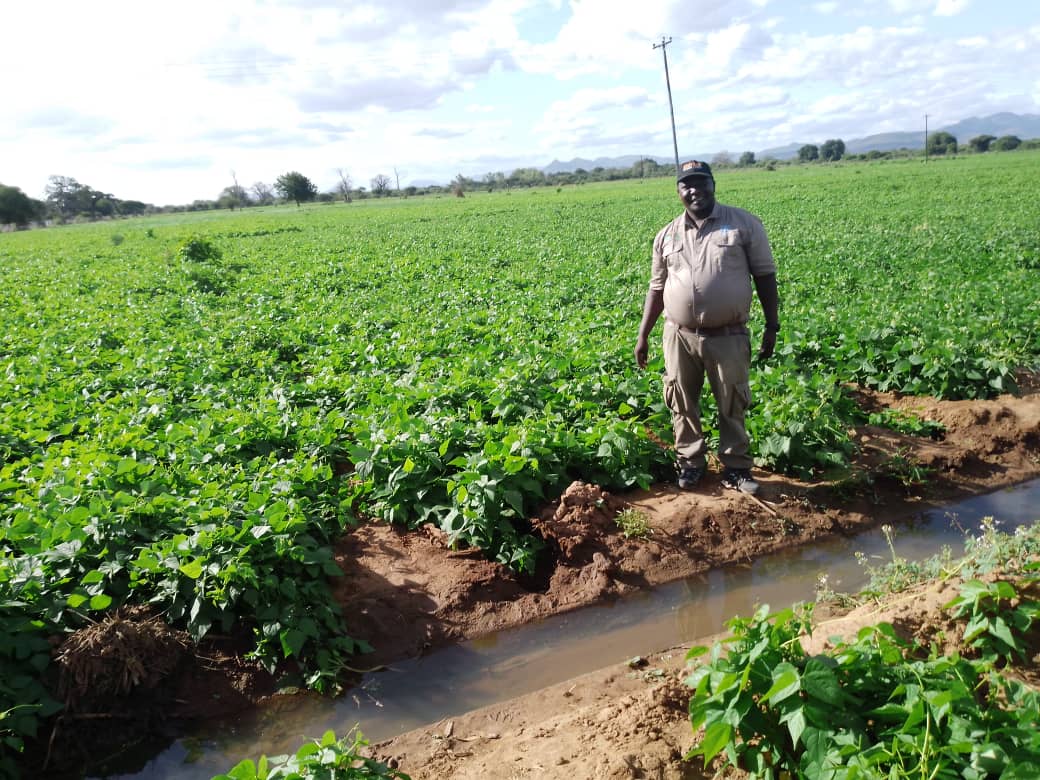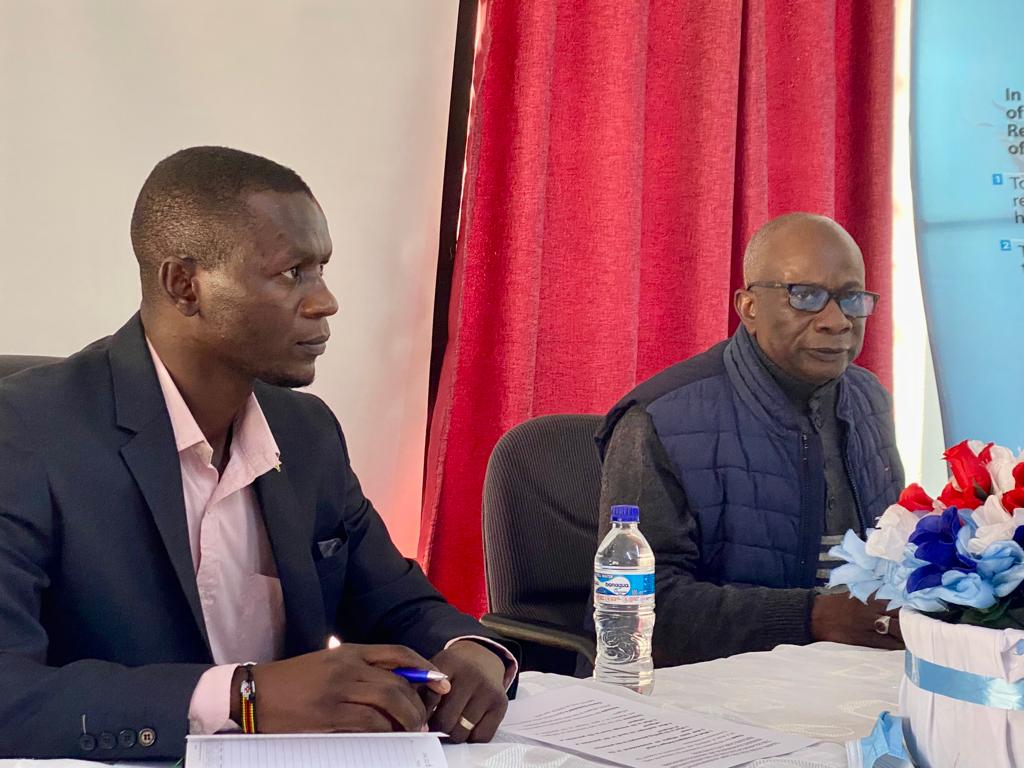|
Getting your Trinity Audio player ready...
|
A visit today by editors and senior journalists on a United Nations in Zimbabwe tour that focuses on development reporting witnessed the progress of an operation by the UNHCR Zimbabwe project on innovative solutions to support the livelihood of vulnerable communities. The project was implemented from October 2018 to December 2021 with USD 1.4M with funds from the African Development Bank Group (AfDB) and with the Government’s support.
Addressing editors and senior journalists on a tour of Tongogara Refugee Camp, Mr. Edward Kallon, the United Nations in Zimbabwe Humanitarian and Resident Coordinator said the project was developed to improve the institutional and technical capacity of refugees, asylum seekers, and host communities in Zimbabwe to adopt innovative solutions for self-reliance and enhance economic livelihoods.
Giving an overview of the project, Mr. Johannes Mhlanga, the Administration Manager of the Tongogara Refugee Camp said the project’s intended impact was to bolster employment opportunities for refugees, asylum seekers, and the host communities, build knowledge on how to combat GBV, and develop skills through training on market access and links, operation, and maintenance of field projects – the innovative water, energy, and scale-up Agricultural Productivity through irrigation solutions.
To date, these are some of the results that UNHCR achieved thanks to AfDB funding:
• Expansion of irrigation scheme by 25ha, doubled plot sizes for farmers.
• Rehabilitation of 5.6km irrigation transmission pathway through the use of HDPE pipes
• 1,000 beneficiaries received agricultural inputs such as a bean seed, maize, and fertilizer package. Five hundred and two (502) are refugees and asylum-seekers, while 498 are host community members.
• 156 farmers were allocated plots in the new irrigation scheme. The old irrigation scheme houses 279 farmers making 435 the total farmers benefiting from direct irrigation.
• 844 households are benefiting from livelihood activities.
• 150 jobs were created for refugees and asylum-seekers. They are meaningfully engaged in self-employment in the various interventions at the camp, such as the fisheries project, egg production, piggery project, and poultry project, among others.
• The ICT youth centre is now benefiting 40 youths through income generation. • 135 public lighting (62 area lights and 73 street lights.)
• Improved access to the water supply at the camp with the installation of high-capacity boreholes and an expanded and better engineered piped water system, known as a water reticulation system, that runs on solar power and can deliver piped water to all 10 sections in the camp. The water project has also benefitted the residents of the surrounding host communities in Chipinge district.
• Revival and establishment of GBV structures in the camp and host communities to enhance protection.
• Establishment of the value addition centre and cold chain business for piggery and poultry producers
• Enabling the establishment of the Hydroponics through the availability of water FIELD PROJET
UNHCR with its internal resources and through the implementing partner World Vision has also funded a number of livelihood initiatives that are meant to promote self-reliance and economic inclusion. These projects include:
• Establishment of a fisheries project that supports 50 households
• Support poultry producers producing broilers and layers
• Support 73 farmers producing pigs in the piggery unit.
• The Ultra poor graduation Approach supports 85 beneficiaries with small business enterprises (SMEs)
• Peanut butter production and apiculture
• Support Nutrition gardens
During a tour of a thriving soybean project at Tongogara Refugee Camp, Mr. Lovemore Dumba, Project Manager for UNHCR Zimbabwe Livelihoods Unit said the farming enterprise is part of the UN agency’s strategy of putting people of concern in activities that they are used to do back in their home countries.

“The Tongogara Irrigation Scheme has 50ha under irrigation. Each household engaged in this farming project has 0,1ha. The resident Agritex officer builds the capacity of these farmers by working in partnership with World Vision. At this camp, the demand for land remains high. We are working on increasing the individual families’ pieces of land to 0, 25ha. We emphasise the promotion of farming ventures due to the uncertainty of social protection mechanisms. From agriculture, the people of concern will improve their household incomes. Some produce is sold and others consumed. The fisheries, apiculture, and piggery, among other projects, are benefiting the refugees, ” Mr. Dumba said.
Mr. Nosa Boad -WASH officer for UNHCR introduced the media team to a clean energy system of a biogas digester at the refugee camp.

“We use pig fecal matter to generate biogas. We no longer use the common method of digging up pits. We have embraced recent development in biogas technology. We use composite canvas material to produce low-pressure methane gas. The gas is used for cooking and powers our 2 restaurants. We also get 5 to 6 hours of cooking energy produced per digester out of the 5 we have here,” Boad said.






